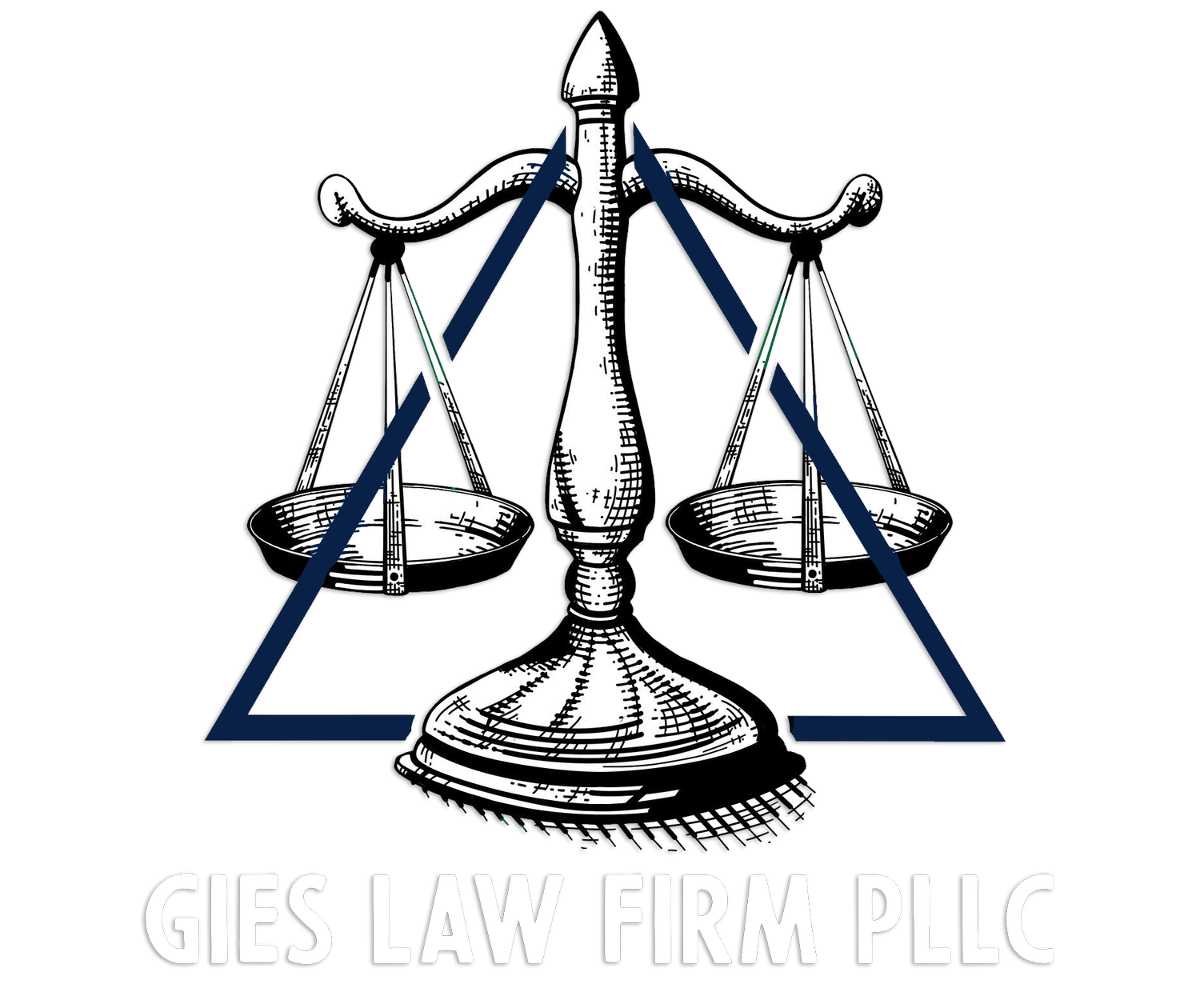From High Hopes to High Court: SQ 820’s road to the November ballot narrows
State question 820 received overwhelming support during the signature gathering period, but still faces an uphill battle on the way to the November ballot.
The Oklahoma Secretary of State announced last Monday that it had completed the signature verification process for State Question 820, a ballot initiative that would legalize cannabis in the state for adults over 21.
94,911 signatures were required to get legalization on the ballot and Oklahomans for Sensible Marijuana Laws (OSML) turned in more than 164,000 signatures on July 5th, one month before they were due. It took seven weeks for those signatures to be counted and verified. By contrast, the last ballot initiative Oklahomans voted on was SQ 802—campaign organizers for that initiative turned in 313,000 signatures that were verified in just 17 days. In the time between the two initiatives circulating however, new processes have been written into law for state initiatives.
In 2020, Oklahoma lawmakers passed House Bill 3826. The law requires the Secretary of State to verify three or more data points and match them to a voter registration profile prior to approving an individual signature on a petition. The bill also allowed the Secretary of State to purchase software to verify signatures. The latter provision has lead to Oklahoma entering a $300,000 annual contract with Western Petition Systems to automate or “modernize” the process of searching for data points and matching signatures with registered voters. The software was intended to “eliminate many of the issues associated with the initiative process,” and while it may, its debut verifying SQ 820 has caused a delay that OSML says "was both unexpected and inexplicable."
The delayed process has brought into question whether or not legalization will be on the November general election ballot. Oklahoma statute for Special Elections on State Questions says elections on measures submitted by the people “shall be held not fewer than seventy days from the date the election is called.” By that line, for SQ 820 to have made the November 8th ballot the Governor would have had to submit his proclamation to the Oklahoma Election Board by August 26th.
In a June letter to Governor Stitt, Oklahoma Election Board Secretary Paul Ziriax highlighted the deadline to certify the ballot question for the November general election, saying he needed the Governor’s proclamation no later than August 29th. OSML challenged the deadline in an Oklahoma Supreme Court filing, saying they felt “stymied by state officials” and requested the Court assume original jurisdiction and issue a writ of mandamus to the Oklahoma State Election Board to get the question printed on the November ballot.
Article V, Section 3 of the Oklahoma Constitution makes clear that, if an initiative petition is signed by the requisite number of Oklahoma voters, it “shall” be submitted to a vote of the People“ at the next election held throughout the state.”
This constitutional mandate provides for only one exception: when the Governor calls an earlier special election for the initiative. Here, Proponents submitted an initiative petition signed by the requisite number of Voters more than four months before the next general election, and no special election has been called. Nevertheless, the Election Board refuses to commit to placing the initiative on the next general election ballot unless the Governor says so. What's worse, the reason the Election Board offers for its refusal to comply with the plain text of the Constitution is an alleged time crunch—a time crunch created entirely by the government's own inefficiency.-Michelle Tilley Nichols et al. v. Paul Ziriax
Yesterday in a 5-4 decision, the Court assumed original jurisdiction, but declined to grant the writ, saying it would hold the matter in abeyance until the time period for filing objections to the signature count and ballot title have expired.
Yes on 820 campaign Director Michelle Tilley said in a statement she is confident going into the protest period and “optimistic the Oklahoma Supreme Court will order State Question 820 on the ballot for the 2022 general election.” At least two Justices, however believe the time frame is too short to provide ballots to Oklahomans oversees and military voters. Justice Dustin Rowe wrote in a separate dissenting opinion that the court “does not provide clear directions to Respondents as to how to proceed while the matter is held in abeyance.”
"Delaying this matter, which could culminate in changes to ballots which have already begun to be produced, undermines the Election Board's capacity to fulfill its lawful obligation to voters and threatens the voting rights of portions of the electorate — particularly, our men and women serving in uniform overseas,"
-Justin Dustin Rowe
Despite Justice Rowe’s concerns, the Court’s decision yesterday keeps opportunity open for SQ 820. The ballot title could appear in local newspapers this week, initiating a 10-day protest period in which anyone can challenge it and the signature count. While not entirely the same scenario, a title challenge is what kept SQ 788 off the ballot in 2016. If challenges arise they have to be resolved in the Court, which could tip the scales enough to further validate timeline concerns and delay the legalization vote. If not, by assuming original jurisdiction it does seem the Court is prepared to order SQ 820 on the ballot this November.

